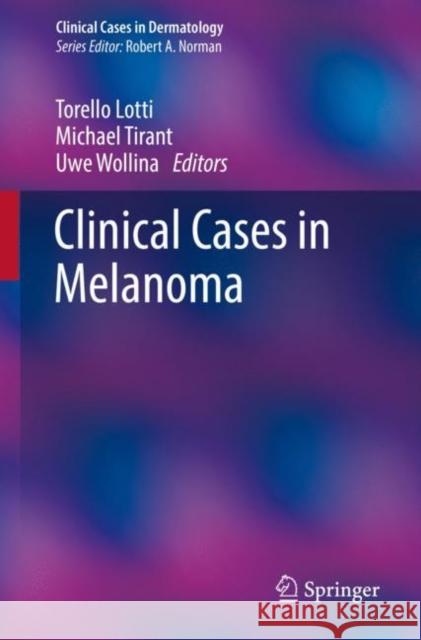Clinical Cases in Melanoma » książka
topmenu
Clinical Cases in Melanoma
ISBN-13: 9783030508197 / Angielski / Miękka / 2020 / 218 str.
Kategorie BISAC:
Wydawca:
Springer
Seria wydawnicza:
Język:
Angielski
ISBN-13:
9783030508197
Rok wydania:
2020
Wydanie:
2020
Numer serii:
000451681
Ilość stron:
218
Waga:
0.32 kg
Wymiary:
36.75 x 16.23 x 0.86
Oprawa:
Miękka
Wolumenów:
01











